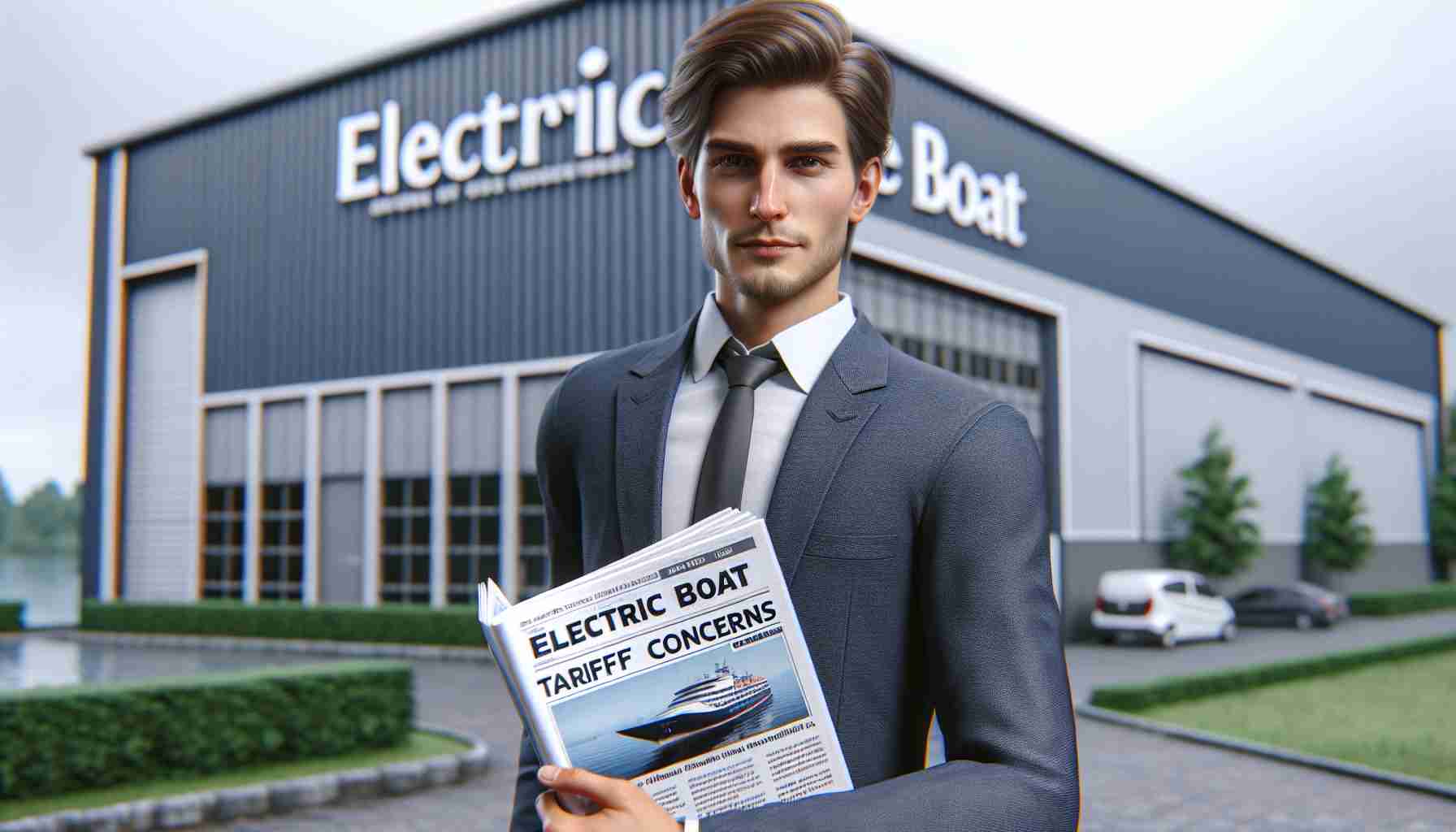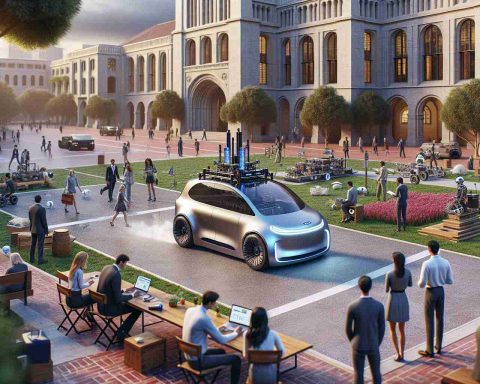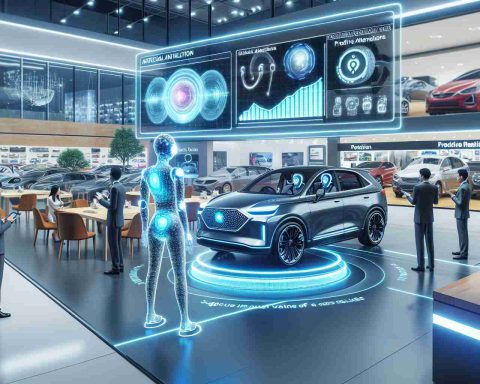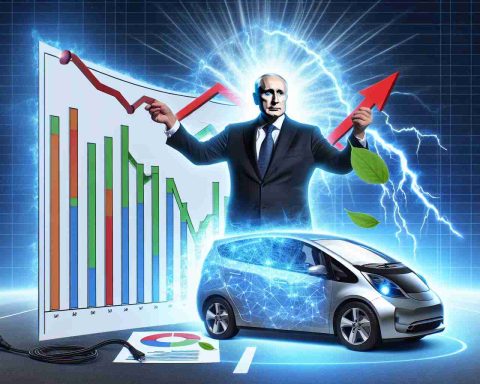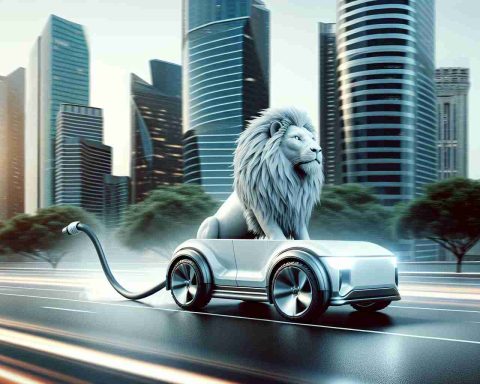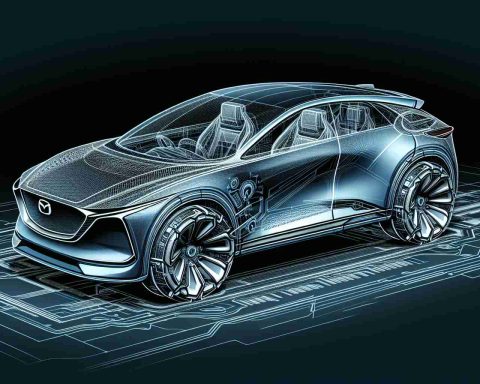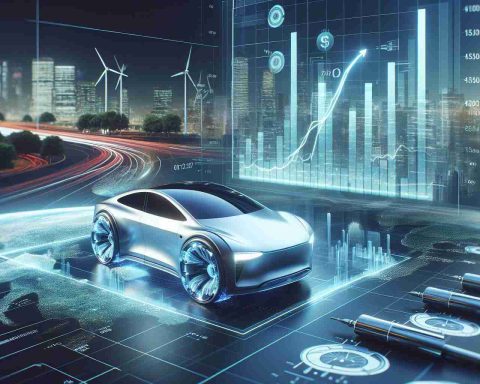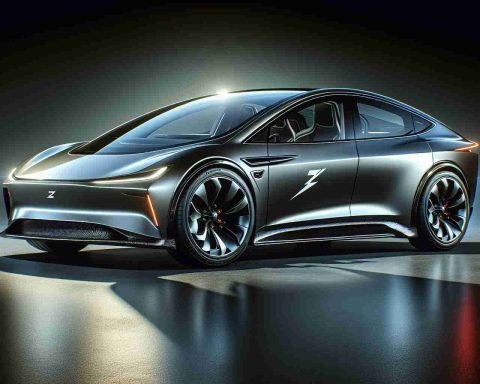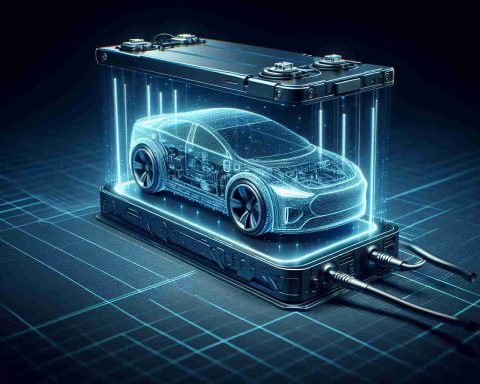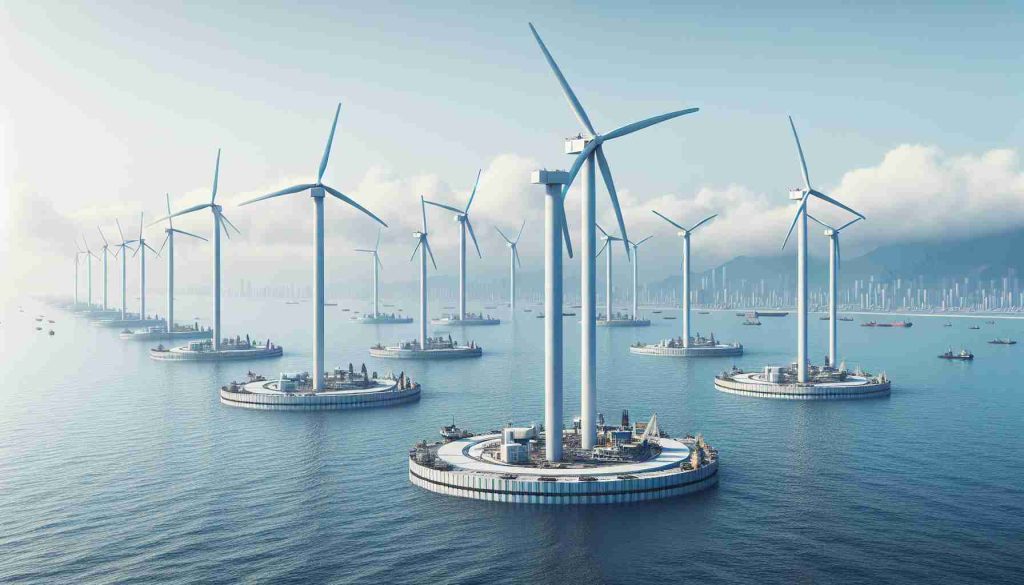- Electric Boat is confident in overcoming trade tariffs and inflation, with essential components for submarines already secured.
- Rising costs from tariffs and inflation pose challenges for long-term Navy contracts, prompting the company to seek congressional support.
- Despite a reduction in hiring, the leadership believes in significant future growth and workforce development for Connecticut.
- Housing shortages for employees are a pressing concern, with calls for local affordable housing initiatives receiving legislative backing.
- Overall, Electric Boat aims to navigate economic uncertainties while playing a vital role in national defense and supporting local employment growth.
As the submarine-builder Electric Boat navigates the turbulent waters of trade tariffs and inflation, President Mark Rayha exudes confidence about the company’s resilience. At the recent 2025 legislative update, he reassured stakeholders that the current tariffs won’t immediately derail operations. Most critical components for the Virginia and Columbia class submarines are already secured, providing a solid foundation for the future.
However, Rayha candidly acknowledges the challenges posed by rising costs—not just from tariffs but also from broader inflationary pressures affecting long-term Navy contracts. With contracts signed before the pandemic in 2019, the shifting financial landscape raises questions about future pricing. In response, Electric Boat is actively lobbying Congress for additional support to cope with escalating expenses.
Despite recent declines in hiring—5,300 in 2023 to an anticipated 3,050 in 2025—Rayha remains optimistic. He believes the shipyard’s workload will grow significantly in the coming decades, positioning Connecticut as a national leader in workforce development.
Housing shortages have been a pressing issue for Electric Boat’s employees, leading Rayha to emphasize the importance of focusing on submarine production while supporting initiatives for affordable local housing. State Senator Cathy Osten backs this effort, urging housing agencies to address the critical need.
In a rapidly changing economic environment, Electric Boat is poised to not only withstand external pressures but thrive, reinforcing its role as a cornerstone of national defense and local employment. The key takeaway? With strategic planning and support, Electric Boat is gearing up for a strong future, despite the waves of uncertainty.
Electric Boat’s Resilience Amid Economic Challenges: What You Need to Know
Overview
Electric Boat, a leading submarine-builder, is currently navigating challenges like trade tariffs and inflation as it prepares for significant future contracts. Mark Rayha, the company president, assures stakeholders that while these economic factors present hurdles, Electric Boat has the means to overcome them. The company’s focus lies on securing vital components for its Virginia and Columbia class submarines, which form the backbone of its production.
Key Information: Current Trends and Insights
1. Workload Forecasts: Electric Boat anticipates a substantial increase in workload as it gears up for future contracts. This positions Connecticut to become a leader in workforce development within the defense manufacturing sector.
2. Talent Acquisition and Retention: Although Electric Boat’s hiring numbers have decreased, with 5,300 jobs in 2023 dropping to 3,050 expected in 2025, there is a long-term strategy in place for rebuilding the workforce as demand increases.
3. Housing Initiatives: Addressing local housing shortages has become critical for Electric Boat. The company is advocating for strategies that ensure affordable housing for its employees, which is backed by local political figures.
Pros and Cons of Electric Boat’s Current Strategy
Pros:
– Strong foundation with secured components for major contracts.
– Long-term growth potential due to increasing defense demands.
– Active lobbying for government support to mitigate cost increases.
Cons:
– Rising costs from inflation pose a risk to future pricing.
– Potential loss of talent due to the current hiring freeze and housing issues.
– Short-term uncertainties due to economic fluctuations.
Important Questions Asked and Answered
Q1: How is Electric Boat managing its workforce challenges?
Electric Boat is strategically planning for future growth despite current hiring declines. The company is focused on developing pathways to attract talent as the workload increases in upcoming years.
Q2: What steps is Electric Boat taking to address the housing crisis for its employees?
Electric Boat is advocating for affordable housing initiatives and collaborating with local authorities to ensure that employees can find suitable living arrangements, which is essential for retaining talent.
Q3: How are the economic uncertainties affecting Electric Boat’s contracts?
Economic factors such as inflation and tariffs are complicating long-term contracts. Electric Boat is proactively lobbying Congress to secure additional support to help navigate these challenges and uphold contract commitments.
Market Analysis and Predictions
In an ever-evolving economic landscape, Electric Boat’s proactive measures and strategic lobbying appear to set the company up for resilience. With anticipated contracts and a focus on workforce development, Electric Boat could potentially lead the way in national defense while also fostering job growth in Connecticut. As inflation persists, the outcomes of legislative lobby efforts will be critical in determining pricing and production capabilities moving forward.
For more insights regarding defense manufacturing, visit Electric Boat.
